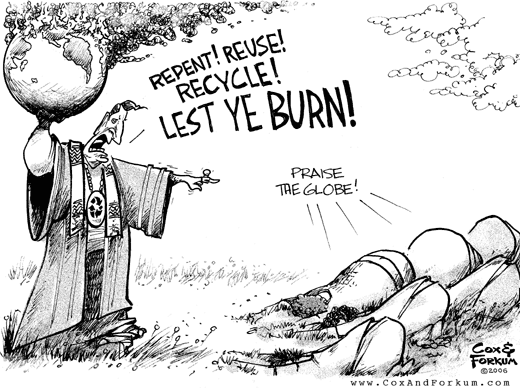Hey.
I know - it's been a while since I last sent out a mass email about the state of my being here in DC. I guess it's been busy - I mean, like we all are, of course, a.k.a. I just haven't made time to sit down, think about what's going on in the context of my other lives, and then tell everyone about it. It's a little weird, feeling like I'm addressing some large audience, at the podium.
But nonetheless:
We've been doing a lot of "phonebanking" lately - calling numbers in Florida to ask people to put a (free) sign in their yard that says "Stop Global Warming" and asking them to call their Congressional candidates. It's kind of hard to have someone hang up the phone or say "no" when I ask if global warming is something they're concerned about. ...repeatedly. Phonebanking kind of helps me connect in my head how an individual can make a difference. It feels really good to get one person to call and tell their congressman that they care about global warming. It's something so small but when done on a mass scale it does make a difference. I called one of the candidate's offices and the secretary said that a lot of people had been calling for the same reason and if I thought there was some kind of campaign...it was pretty sweet that we were having an effect at that office.
A lot of us, though, are like, "What the crap? Global warming is a giant problem, what good is it to make a few calls?" It's easy to get defeated because of the scope of the problem and most people's inability to care about the it. That's what I think it is -- an inability -- because people simply can't relate to the phrase 'global warming.' We just finished a memoir from the civil rights by John Lewis and a few hours ago had a book discussion. It's really interesting to compare the two movements. In the civil rights movement, the "enemy" (or the target) was obvious - all the time people were exposed to overt racism, violence, sheer brutality, in the face of nonviolence. Seeing a white cop beat the crap out of a black citizen is powerful, you can feel that. You are actually /affected/ by the problem.
But something like 'global warming.' Does that, honestly, conjure up any tingly feeling at the back of your neck, goosebumps, or stir your stomach? Maybe, if you're really in touch with a global view of the problem - maybe if you've seen a polar bear drown, coral reefs bleached, indigenous peoples starving, similar powerful images, maybe then you can feel it. But probably not. Probably you're not viscerally affected by the idea of renewable energy, photovoltaic cells. You're probably not smiling, excited - finally, our people will be liberated from the oppressive regime of...coal power. Nah.
After our first phonebank, I was not in a good mood. "How could people /not/ care about global warming?!?" As I calmed down and was waiting in the subway station I began to see a different question -- "How do you even talk to people about global warming?" I started talking to the woman next to me about it -- "Do you believe in global warming?" is what I started with I think. She told me a lot - she says that she thinks why people don't act is because they don't know how, or don't have the capability. Well I've been thinking about how to approach people about global warming for about a week now...and I have no answers, because I think the question's unclear and doesn't promote a solution. This morning I realized that the question is more like "How /can/ people care about global warming?" My job as an [organizer] is to show people how they care, because I believe they do. And I must. I feel that for every second I don't believe people care, that the American public (or humans across the world) are lazy, apathetic, and simply do not care -- for every second of this thinking -- that second is wasted. That second is frittered away fighting something that's not real. But when I think that people do have some capacity to care, to act, they have potential, a speck of truth - somewhere - and this is what I need to start speaking to. This is what inspires people.
And inspire people is what I'll do.
But I knew this already.





